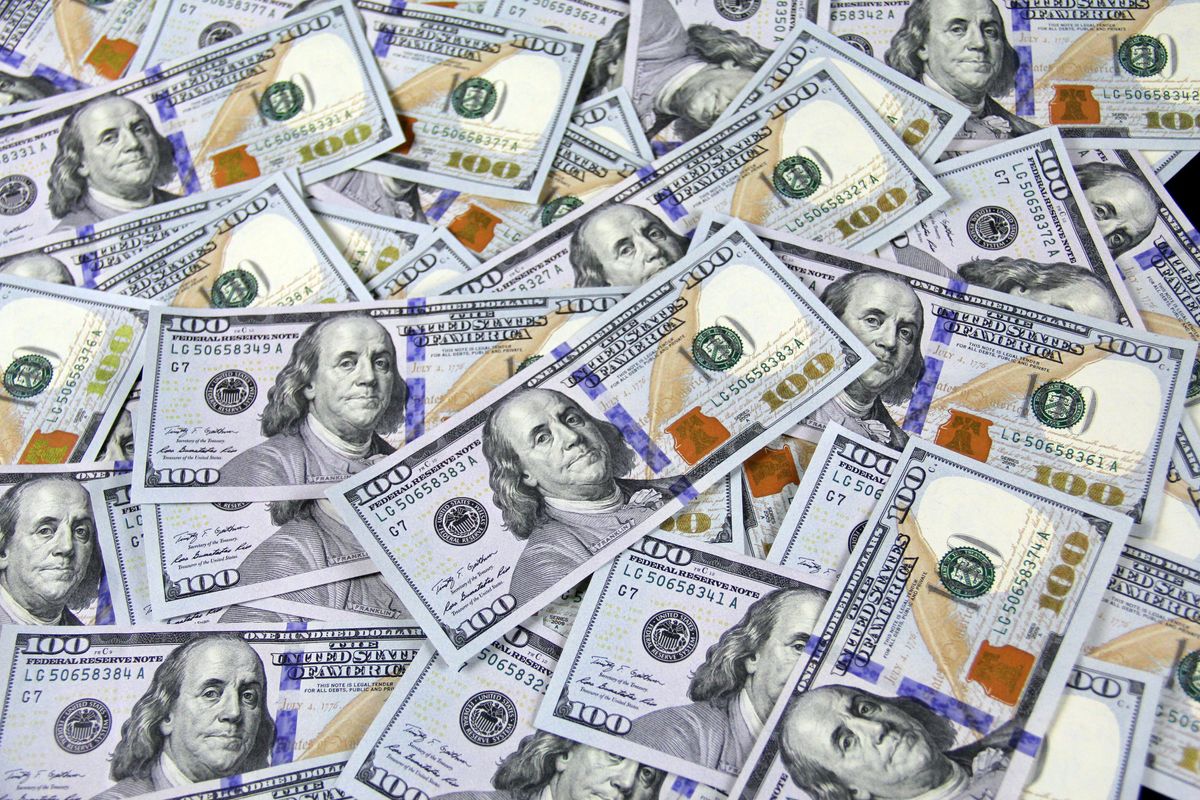Should billionaires be charged a global tax?
As wealth inequality creates wider and wider class divides, lopsided tax rates have become a bigger problem.

A few minutes every morning is all you need.
Stay up to date on the world's Headlines and Human Stories. It's fun, it's factual, it's fluff-free.
The backstory: There are only about 2,700 billionaires in the world, and they collectively have about US$13 trillion in wealth. But, most billionaires pay a lot less in taxes than people who make less money when you look at everything proportionally. This happens because extremely wealthy people are able to dodge a lot of their personal taxes by putting money and assets into offshore shell companies and not holding that wealth as individuals. By organizing their wealth in this way, billionaires don’t generate all that much taxable income.
More recently: As wealth inequality creates wider and wider class divides, lopsided tax rates have become a bigger problem. Many have started calling for more equitable tax policies so that billionaires start contributing more to the public on a global scale. There’s been some progress in creating more asset and wealth transparency over the past decade. Recent international policies for sharing account information across more than 100 countries have been somewhat effective, with these efforts working in cooperation with Swiss banks to reduce tax evasion.
In 2021, 140 different countries agreed to ensure that companies pay rates of at least 15% in corporation taxes. But these moves still haven’t been able to make a huge difference in tax evasion rates. Just last month, a group of economists and NGOs petitioned the G20 to develop new systems at national and international levels to target the super-rich. Currently, billionaires pay about US$44 billion to governments.
The development: On Monday, the EU Tax Observatory said that governments should create a global minimum tax on billionaires to crack down on tax evasion. It called for a 2% tax overall – based on wealth, not on income. According to the observatory’s estimates, this would raise about US$250 billion annually for countries all over the world.
This info is all a part of its 2024 Tax Evasion Report. The report also said that in some countries, like France, billionaires’ personal tax could be as low as 0%. And, even with newer international agreements in effect for reducing tax evasion, the observatory has found that there are enough loopholes for the super-wealthy to continue avoiding paying taxes. This proposed tax system would charge the individual billionaires rather than their companies, so it’s easier to figure out jurisdiction. And placing the tax on billionaires would just be the first step, with other super-rich millionaires next in line.
Key comments:
"In our view, this is difficult to justify because it risks to undermine the sustainability of tax systems and the social acceptability of taxation," EU Tax Observatory director Gabriel Zucman told journalists.
“Glaring tax disparity undermines the proper functioning of our democracy; it deepens inequality, weakens trust in our institutions, and erodes the social contract,” said economist Joseph Stiglitz in a forward to the report. “What we asked of corporations we now must ask of billionaires. It is time to establish a global minimum tax on the very rich.”
“Since countries have been able to reach an agreement for multinationals – long deemed Utopian – an agreement on a minimum tax for the wealthy is not a priori impossible,” the EU Tax Observatory said.




Comments ()